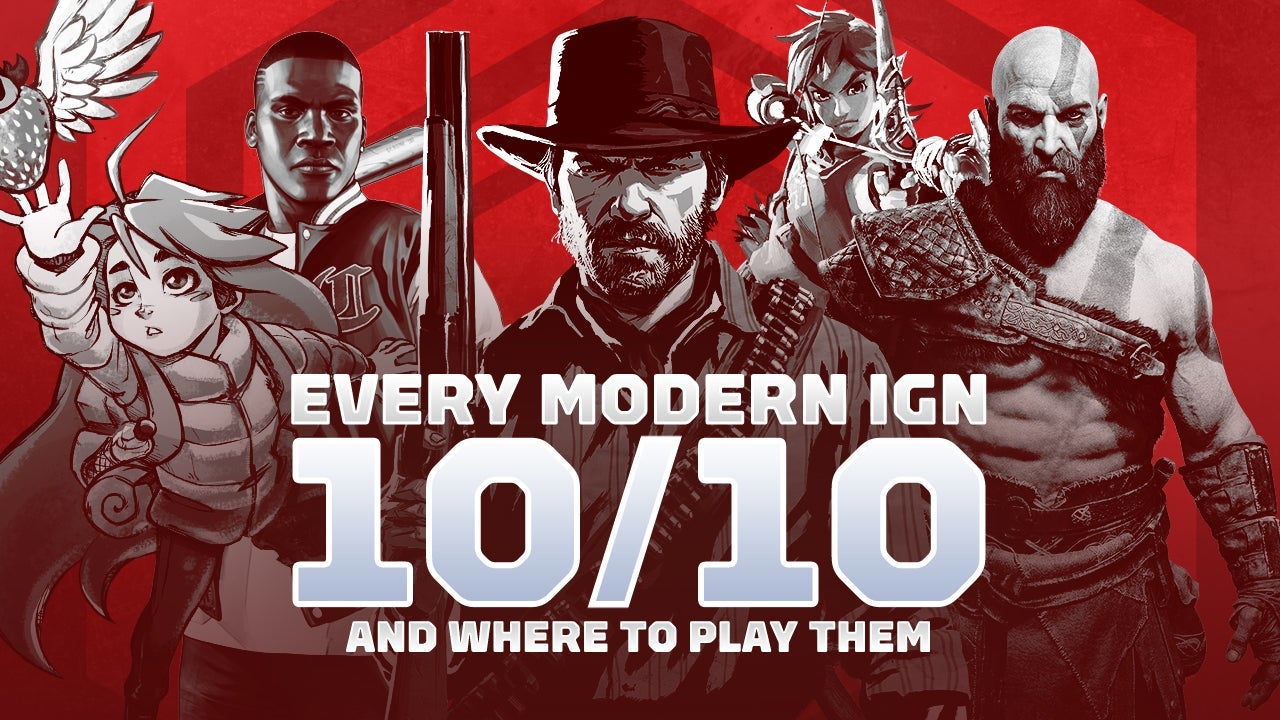Why Traditional Video Game Journalism Needs to Evolve
Over the years, we have seen countless video game magazines and websites go under. And this has caused many gamers to wring their hands over...
Published 4 years ago in Facepalm
Here’s the thing, though: games journalism needs to change if it's going to survive. Here are a few ways the industry can adapt, or not, the choice is theirs.
1
Press Releases Aren’t News
What do you think about when you think about games journalism? The blunt truth is that most of this “journalism” comes down to rewriting press releases.
Companies or developers will drop news and trailers about upcoming games and then every gaming website rushes to create their own articles about it. But literally, nothing keeps you from cutting out the middleman and reading the press releases rather than websites talking about the press releases!.
In short, we don’t actually need games journalists for the vast, vast majority of our gaming news.2
The Popularity of Streaming
Games journalism has been dying for a very long time now. But it seems like the real nail in the coffin is going to be the popularity of streaming.
On the most basic level, we can now watch streamers play through games to determine whether the game is good or not. This alone undercuts the function of the typical game reviewer.
But many (including plenty of former games journalists) have realized the full potential of creating their own Patreon-powered videos and podcasts, allowing them to retain complete creative control. In the face of that, why do we really need dozens of gaming websites all reporting and reviewing on the same things?3
Not Enough Time for Proper Reviews
Sometimes, it creates a minor scandal when the gaming community finds out that a reviewer didn’t play “enough” of a game. Sometimes, this is as simple as not checking out every single game mode. Other times, it’s as egregious as someone assigning a score without finishing the game.
However, even when they get access to a game early, reviewers for most gaming websites have to scramble to finish. And they usually have to do this on their own time, especially if their editors or managers frown on them playing games at work.
You’re left with a perfect storm of reviewers who work 60 hour weeks so they can barely finish a game and make their review on time (assuming they even finished the game). Why support an abusive industry practice that leads to terrible reviews when you can just watch your favorite streamer play through it?4
Game Access Affects Scores
Back in 2007, we learned a pretty ugly truth about video game reviews. That was when Jeff Gerstmann lost his job as GameSpot’s Editorial Director because he gave a bad review to the (pretty damn awful) game Kane & Lynch: Dead Men. This was because of pressure from Eidos Interactive, and it led to an exodus of GameSpot talent.
Obviously, this had a happy ending because it led to Gerstmann creating Giant Bomb. But the whole scandal underscored how game websites are forced to give decent reviews to games from certain developers. Otherwise, they would lose access to the early review copies of these games and be unable to release reviews on time.
Once more for the cheap seats: game scores don’t matter and are often the result of pressure and manipulation. Instead of supporting sites that have to deal with this, go find some independent content creators that can afford to give you their honest thoughts on a game.5
Lack of Community
Once upon a time, the best part of any gaming website was the forums. This provided a sense of community, and you could finally find people who are just as passionate about obscure games as you are.
However, many of these online communities have gone on to follow their favorite gaming content creators. That means going into specialized subreddits, Discord channels, or just chatting with each other on Patreon.
Think of this as a kind of “brain drain” of good community users who embraced ways to actually interact with their favorite personalities. Now, all that’s left are basement dwellers arguing about console wars on places like the IGN Boards.6
So Many Multimedia Options
We’ve touched on streaming and podcasts before, but that brings us to a more fundamental problem: games journalism is perpetually stuck in the past.
The standard gaming website is simply delivering an online version of what video game magazines used to offer. The bulk of the content is text-based articles broken up by the occasional video series.
However, the best game journalists have embraced different multimedia options. Why browse bland text at work when you can listen to something like How Did This Get Played during your commute? Why read recycled press releases on IGN when you can watch former IGN talent like Greg Miller create entertaining videos each week?
Compared to all these new options to discuss games, the standard games journalist looks like a dinosaur.7
Talent Drain
Here’s another open secret about games journalism: there is a constant talent drain that takes away the very best writers, and in its wake, we are often left with some really bland creators!
Back in the day, the most common development was that good games journalists would eventually land jobs with game developers. And they quickly discover they can make a lot more money doing PR for companies like Ubisoft than scratching out a living in the Bay Area on borderline poverty wages.
Nowadays, the likeliest development is that great writers and editors build their brand and then go launch their own streaming channels and Patreons. And while those channels are usually good, there is little reason to keep visiting sites that are constantly losing their top talent.8
Everybody Is Saying the Same Thing
It sounds pretentious, but what readers want out of any kind of journalism are authentic voices. In short, we want people with something interesting to say and the courage of their convictions to say it.
But most of the potential voices of a gaming website are beaten down by editorial edicts and executive mismanagement. The end result is that on any given day, you are going to hear the same things about the same games from IGN, Kotaku, and everyone in between.
If nothing else, this signals the death of gaming because readers simply don't need this many outlets, with nothing fresh to say.9
Corporate Interference
Sometimes, even the best gaming websites get undercut by upper management. The most recent high-profile instance of this was IGN being forced to take down a post offering tips for helping victims and survivors in Palestine.
IGN was forced to take the article down over the outcry of the writers and editors of the site. And it served as a stark reminder that independent games journalism is dead: we merely get to read what some overpaid executives allow us to read.
So why are we still reading any of this at all?10
Scores Don’t Really Matter
Review scores are the one thing guaranteed to start fights among gamers, especially when it’s a high-profile game. But here’s a little secret: those review scores don’t matter. Moreover, they never have!
By their nature, every review is completely subjective. It’s up to the reviewer to either review the game in a vacuum, compare it to the genre, compare it to previous franchise entries, and so on.
None of these approaches are “wrong,” of course. But the fact is that different reviewers are likely to give games different scores based on countless different factors. You’re better off playing the game yourself or watching a stream and making up your mind.












